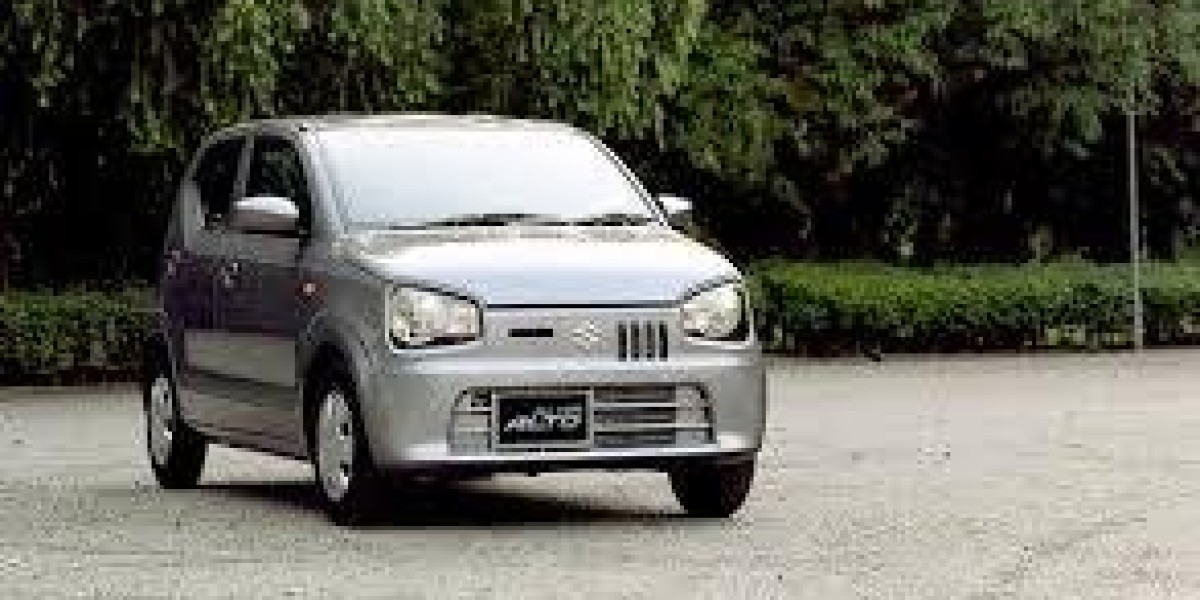Buying a car can be a significant financial decision, especially for first-time buyers. In Pakistan, where the automotive market is diverse, finding a cheap car in Pakistan requires some research and understanding. This beginner's guide will walk you through the essential steps to help you make an informed purchase.
1. Define Your Budget
Before you start exploring options, it's crucial to set a clear budget. Consider the following:
Total Cost: Include not just the purchase price but also registration fees, insurance, taxes, and maintenance costs.
Financing Options: If you plan to take a loan, check interest rates and monthly repayment amounts to ensure they fit your budget.
2. Determine Your Needs
Identify your requirements to narrow down your choices. Ask yourself:
Usage: Will you use the car for daily commuting, family trips, or commercial purposes?
Capacity: How many passengers do you need to accommodate?
Fuel Type: Do you prefer petrol, diesel, or CNG? Each has different price points and fuel efficiency.
3. Research the Market
Familiarize yourself with the types of cars available in your budget. Popular budget-friendly options in Pakistan include:
Suzuki Mehran: Known for its affordability and availability of spare parts.
Toyota Corolla: A reliable choice with good resale value.
Honda City: Offers a balance of comfort and economy.
Daihatsu Cuore: Compact and fuel-efficient, ideal for city driving.
Explore online platforms and visit local dealerships to get an idea of pricing and availability.
4. Consider Used Cars
Buying a used car can save you a significant amount of money compared to purchasing a new one. Here’s what to keep in mind:
Inspection: Have a trusted mechanic inspect the car for any hidden issues.
History Report: Check the car’s service history and previous ownership records.
Negotiation: Don’t hesitate to negotiate the price based on the car’s condition and market value.
5. Check for Reviews and Ratings
Before making a purchase, read reviews and ratings of the car models you’re interested in. Websites, forums, and social media groups can provide valuable insights from current owners about performance, maintenance, and overall satisfaction.
6. Test Drive the Car
Always take the car for a test drive to assess its performance. Pay attention to:
Comfort: Ensure the seats are comfortable and the driving position is suitable for you.
Handling: Check how the car responds to acceleration, braking, and cornering.
Noise Levels: Listen for any unusual sounds that might indicate mechanical issues.
7. Negotiate the Price
Whether buying new or used, negotiation is part of the process. Research similar models' prices to strengthen your position. Be polite but firm in your negotiations, and don’t rush into a deal if you feel uncomfortable with the price.
8. Complete the Documentation
Once you’ve agreed on a price, ensure all necessary paperwork is completed. This includes:
Sale Agreement: Document the terms of the sale, including price, payment method, and any warranties.
Registration: Transfer ownership by completing the required paperwork with the relevant authorities.
Insurance: Obtain a suitable insurance policy to protect your investment.
9. Consider Additional Costs
Apart from the initial purchase price, consider recurring costs associated with car ownership, such as:
Fuel Costs: Evaluate the fuel efficiency of the car to estimate monthly fuel expenses.
Maintenance: Research typical maintenance costs for the model you choose.
Insurance Premiums: Get quotes from different insurers to find the best coverage at a reasonable price.
10. Stay Informed About Market Trends
The automotive market can change rapidly, influenced by factors such as government policies, currency fluctuations, and economic conditions. Stay updated on trends to ensure you’re making a well-informed purchase.
Conclusion
Buying a cheap car in Pakistan requires careful planning and research. By defining your budget, understanding your needs, and exploring various options, you can make a smart purchase that fits your lifestyle and financial situation. Remember to prioritize reliability and maintainability, ensuring that your chosen vehicle serves you well for years to come. Happy car hunting!







